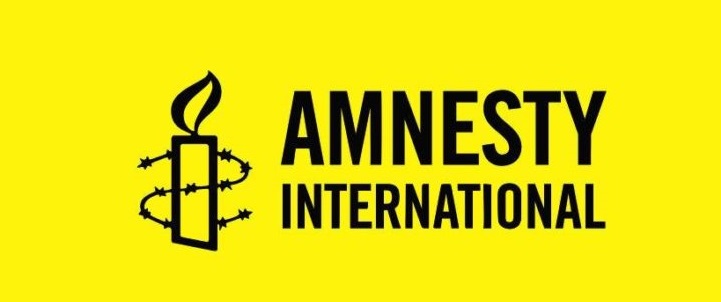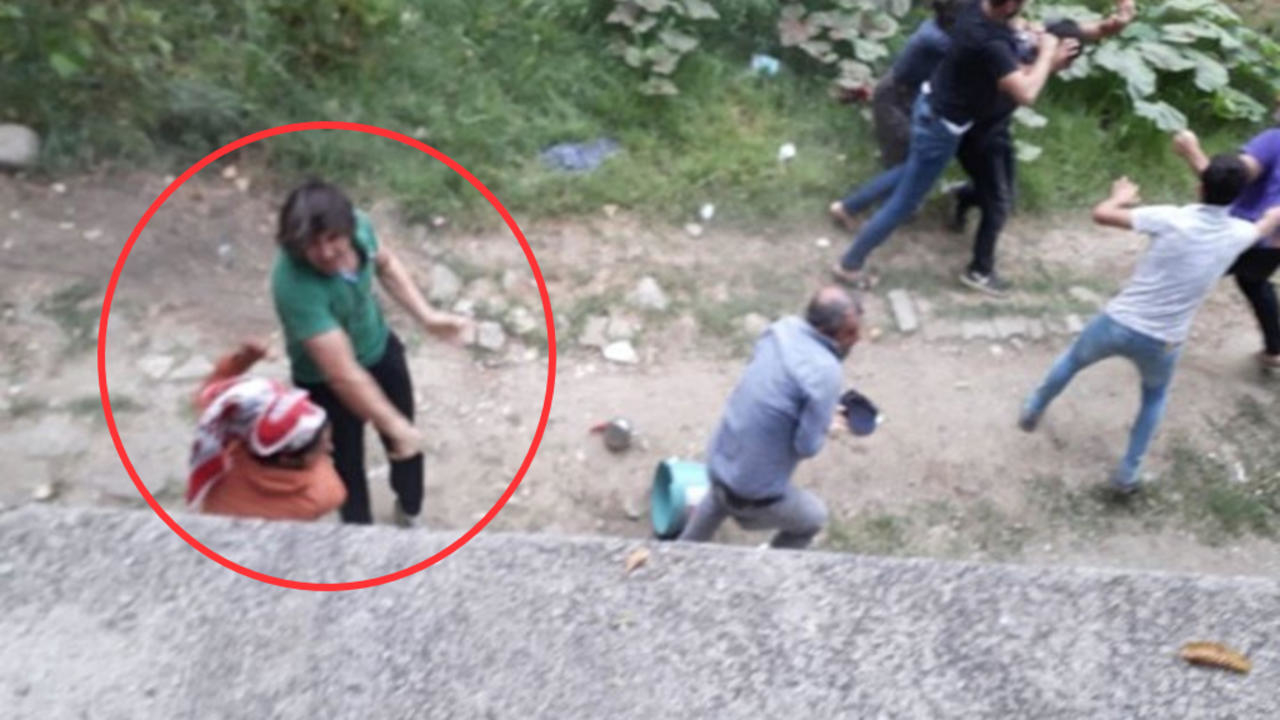
Amnesty International said in its annual report that the Turkish government’s campaign against the opposition and its critics continued in 2019 despite the end of the two-year state of emergency. “Thousands of people have been held in pretrial detention for prolonged periods, often without any credible evidence that they committed crimes recognized under international law,” said Amnesty International in its report, and stressed that there are severe restrictions on the right to freedom of expression and peaceful assembly.
Despite numerous reports issued by human rights organizations, which openly criticize the situation in Turkey, no action has been taken against one of the most violating human rights countries in the world.
The organization indicated that persons believed to be critical of the government of the ruling Justice and Development Party, especially journalists, political activists and human rights defenders, were detained or charged with fabricated criminal charges.
“Thousands of prisoners joined parliamentarian Leyla Guven in a hunger strike campaign to demand that the PKK leader Abdullah Ocalan be allowed to meet his family and lawyer, and hunger strikers were criminalized, and those who took solidarity actions with that issue and many were prosecuted under anti-terrorism laws “.
The Supreme Elections Body canceled the result of the March municipal elections in Istanbul for false reasons after the victory of the CHP candidate. The elected mayors in 32 municipalities, representing the Kurdish-rooted HDP, were removed from their position for false reasons and replaced with unelected civil servants.
In the last quarter of the year, Parliament passed a judicial reform package, but it failed to address structural defects and end unfair trials and politically motivated convictions.
Criminal investigations and prosecutions under anti-terrorism and pretrial detention laws continued to be used, in the absence of evidence of any criminal offense, to silence the opposition.
During this campaign, at least 839 social media accounts were investigated for “sharing criminal content” related to Turkey’s attack on the north and east regions of Syria. Hundreds were held by the police and at least 24 were held in pretrial detention.
Dozens of human rights defenders faced criminal investigations and prosecutions and were held in police custody or imprisoned for their human rights work.
The trial of the eleven human rights defenders in the Buyukada case, including the former president, the former director, and many members of Amnesty International in Turkey, as well as women’s rights and equality advocates, has been suspended on unfounded charges of “belonging to a terrorist organization”, if convicted they can face imprisonment for up to 15 years.
The organization’s report spoke about Kurdish lawyer Areen Keskin, as the police raided her home and were interrogated by the counter-terrorism branch of the Istanbul Security Directorate, for sharing social media posts critical of Turkey’s attack in the north and east of Syria.
Turkey continued to host more refugees and asylum seekers, but in 2019, Syrian refugees faced increasing difficulties in the context of deepening political polarization and exacerbating economic expectations in the country, which contributed to increasing public criticism and intolerance towards the Syrian population.


